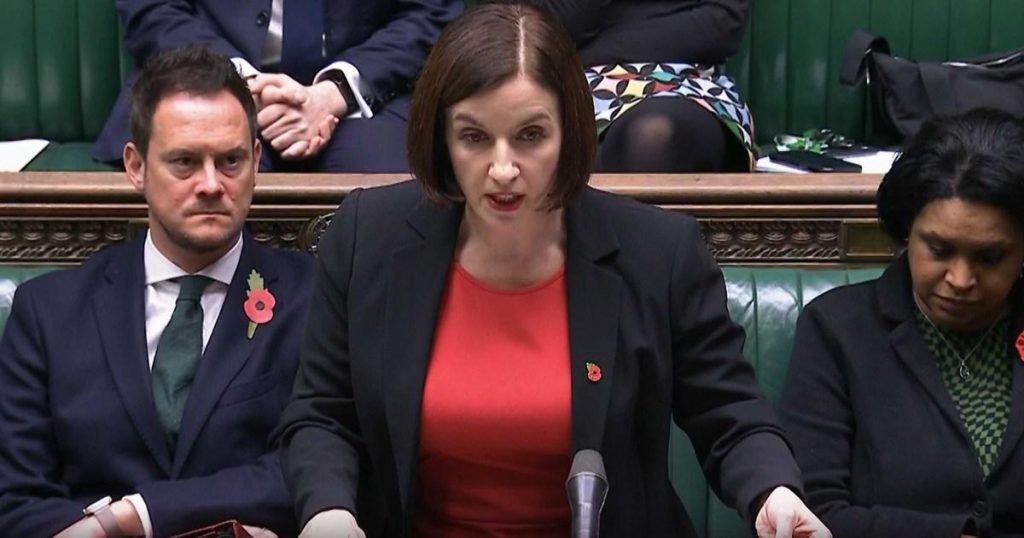University tuition fees in England are set to rise to £9,535 in October 2025 and £10,500 by 2029, according to Education Secretary Bridget Phillipson. This increase is seen as necessary to secure the financial future of higher education institutions. The decision comes after the cap on tuition fees was set at £9,000 in 2012 and frozen at £9,250 for domestic undergraduate students since 2017. The government believes that raising the fees is essential to ensure universities remain sustainable in the long term and provide a world-class education for generations to come. Despite the fee increase, graduates will not experience higher monthly repayments on their loans.
A significant number of UK universities, around 40%, are currently facing financial deficits, with approximately 66 institutions in financial distress, as reported by the Office for Students (OfS) and the University and College Union (UCU). This situation has been exacerbated by a decline in international student enrollment, resulting in some universities making drastic decisions such as cutting staff, closing courses, and implementing cost-cutting measures like voluntary redundancies. The challenges faced by universities have put pressure on the government to address the financial stability of higher education institutions.
The announcement of the tuition fee increase has sparked criticism from the opposition and other Members of Parliament. Shadow Education Secretary Laura Trott accused the government of ‘declaring war’ on students, likening it to the challenges faced by businesses, private sector workers, and farmers. Former Labour leader Jeremy Corbyn raised concerns about the impact of rising tuition fees on future students, questioning whether it would discourage individuals from pursuing higher education. Education Secretary Bridget Phillipson defended the fee hike as a necessary measure to stabilize the sector, acknowledging the difficulties but emphasizing the importance of the decision.
In response to the tuition fee increases, Iain Mansfield, Head of Education at Policy Exchange, expressed concerns about the additional debt burden on young people without corresponding reforms in teaching quality, high standards, and contact hours. Professor Shitij Kapur, vice-chancellor of King’s College London, suggested that universities in England may need even higher tuition fees of £12,000 to £13,000 per year to cover costs. The decrease in visa applications from overseas students, who pay higher tuition fees, has also raised challenges for universities. Additionally, restrictions on international students bringing dependents with them have further complicated the situation for higher education institutions in the UK.
The decision to increase tuition fees has reignited the debate on the affordability and accessibility of higher education in England. While the government argues that raising fees is necessary to ensure the financial sustainability of universities, critics have raised concerns about the impact on students, particularly in the face of rising living costs and a challenging economic environment. The ongoing financial struggles of universities highlight the need for a comprehensive strategy to address the long-term funding and support required to maintain the quality and accessibility of higher education in the country.
Overall, the announcement of tuition fee increases in England reflects the broader challenges facing the higher education sector, including financial sustainability, declining enrollments, and the impact of the global pandemic. As universities navigate these challenges, policymakers, institutions, and stakeholders will need to work together to find solutions that balance the financial viability of universities with the need to provide affordable and high-quality education for students. The future of higher education in England will depend on collaborative efforts to address these complex issues and ensure the continued success of the sector.











